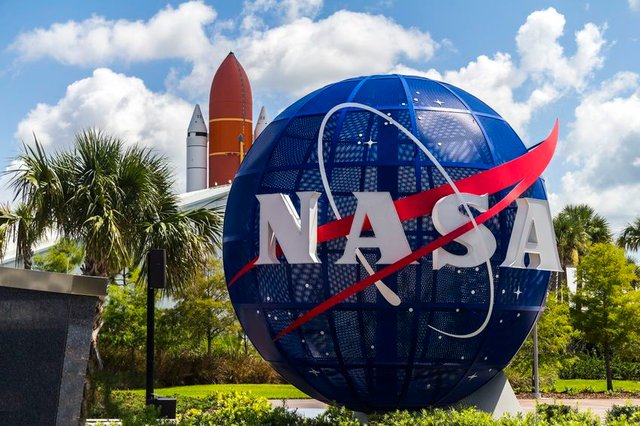NASA receives subsidy for research based on Ethereum blockchain
NASA has awarded a grant to the University of Akron for the investigation of data analysis and other topics related to space exploration.
The assignment will help a team led by associate professor Jin Wei to establish a resilient network system based in part on the Ethereum block chain.
Space exploration has made monumental jumps, but many of our tools are still tied to the Earth for data and instructions.
As the satellites move away from Earth, NASA must send information to deep space to reach them. Each time the distance grows, sending transmissions takes more and more time.
But satellites must receive communications quickly to respond to threats such as space debris and opportunities to collect data.
Allowing a satellite to use AI and fuzzy logic, working on a fast-response blockchain network, would be of great benefit, essentially allowing the satellite to "think" on its own in some cases.
At the end of 2017, NASA awarded a three-year grant worth USD 330,000 (with an action obligation of USD 224,152) to the University of Akron to investigate a "resilient computing and network paradigm" (RNCP) that uses " decentralized computing infrastructure ".
The proposed system would be based on technologies such as the Ethereum blockchain and an artificial intelligence scheme that implies "deep learning techniques and fuzzy logic methods".
Among the objectives of the program are measures to protect NASA vehicles from collisions with space debris that orbit the earth, which can damage or disable them completely, and the processing of highly complex data.
Leading the research project is Dr. Jin Wei (sometimes credited as Jin Kocsis or Jin Wei Kocsis), assistant professor in the Department of Electrical and Computer Engineering at the University of Akron.
A report published by the Collier Report of US Government Spending, which shares a large amount of language with a summary of the project apparently written by Wei, describes plans to develop a "cognitive and flexible data-based network management architecture".
Wei's team will also conduct research on decentralized computing mechanisms that could be instrumental in processing "the massive amount of high-dimensional data" that is often collected by NASA's spacecraft.
A description of the project on the university's news website states that Wei's work "will boost cognitive communications for NASA's science and exploration by developing an RNCP that will improve the efficiency of space communications."
Elsewhere, Wei himself is quoted as saying he hopes to "develop technology that can recognize environmental threats and avoid them", threats that include artificial debris in outer space.
If the research proves fruitful, Wei's RNCP will allow the NASA spacecraft to operate more autonomously than at present, requiring less detailed mission control instructions to undertake some tasks and freeing scientists on the ground to devote more attention to other issues.
Nowadays, the trips of the organization depend completely on humans for this type of orientation. Wei's work could eventually help NASA move its fleet of satellites farther from the planet.
The assignment, which represents one of several efforts of the School of Early Careers within NASA's Space Technology Research Fellowship (STRG) program, was issued through the Shared Services Center of the government agency.
The stated objective of the STRG is to "accelerate the development of space technologies in their early stages to enable future systems and mission capabilities for NASA, other government agencies and the commercial space sector."
Source: ETHNews

Would be an interesting challenge. How to maintain blockchain consistency and prevent double spending in interstellar applications.